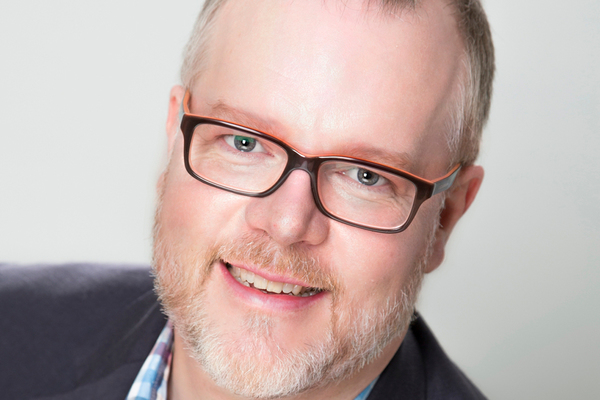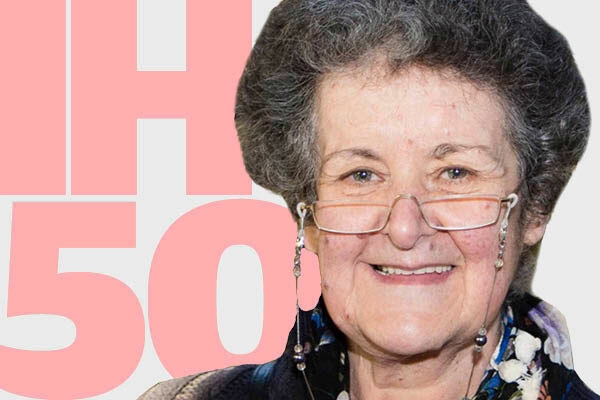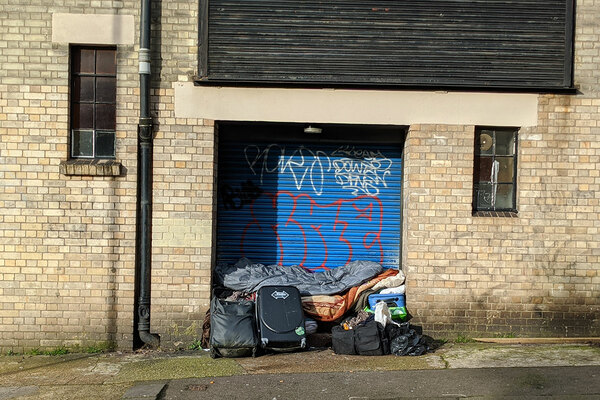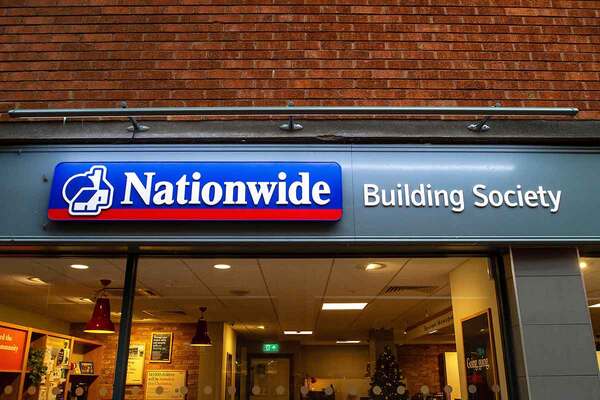You are viewing 1 of your 1 free articles
 Jahanara Rajkoomar
Jahanara RajkoomarJahanara is the Director of Customer Services at Gateway Housing Association with a track record of delivering strategic and innovative ...more
Why we’ve got to stop badging community investment as ‘nice and fluffy’
Community investment activities often get pigeonholed as ‘added value’ services that are not always seen as important or necessary to housing – and that has to change, writes Jahanara Rajkoomar, in the second of a series of blogs in Inside Housing by participants of the Leadership 2025 programme
When I was asked to write a blog as part of the Leadership 2025 programme, I was keen to talk about the importance of community investment. The pandemic has brought community investment and engagement to the front and centre of how several housing associations have responded in their support efforts for residents. Many have made the case for the importance of this work in future years because of COVID-19.
Community investment activities often get pigeonholed as ‘added value’ services that are not always seen as important or necessary to housing. This perception has often irritated me as I know that what we do is far from nice or fluffy – and for many, it is absolutely critical in being able to create a sustainable home.
Our focus is on things that cannot always be addressed as part of traditional housing operations. Established approaches include financial/digital inclusion, employability support, well-being initiatives, youth programmes and place-based activities to name a few.
“What we do is far from nice or fluffy – and for many, it is absolutely critical in being able to create a sustainable home”
Not everyone who lives in social housing is disadvantaged or needs support. But the very nature of how people secure social housing means that they have had to demonstrate why their circumstances justify a real housing need, so a proportion will have some social disadvantage. The pandemic has brought into sharp focus that many such residents have felt the impact more intensely.
The increased use of food banks during the pandemic shows how vulnerable these households were/are to any change in circumstance.
Our work during the pandemic demonstrates how precariously many households were living before COVID-19 became a headline. Many are working households.
Most of our work focuses on addressing these ‘disadvantages’. It varies from enabling people to put food on the table to increasing equality of opportunity. Marcus Rashford’s story mirrors those of many families and young people we work with.
Past research and campaigning have highlighted the need to address systemic issues to break the cycle of poverty and inequality.
“We need to be responding to the big questions about the future work, social mobility and equality of opportunity for our residents”
At Metropolitan Thames Valley, we want to play our part in that macro goal in partnership with others, to level the playing field so that our residents don’t experience the blunt end of future crises. As a sector we have to advocate for those who will be disproportionately impacted by rising unemployment, lack of opportunities and precarious household finances in the near future. We need to be responding to the big questions about the future work, social mobility and equality of opportunity for our residents.
We changed our community investment approach before the pandemic as we reflected on Grenfell and the societal inequalities that many residents and communities experience. The pandemic has affirmed the need for that change.
Instead of thematic programmes, our teams are building relationships of trust with our customers to understand the everyday issues that cause anxiety and responding to that before we start talking about medium or long-term aspirations.
Giving people a little peace of mind and breathing space can make a big difference. We want to empower people to identify and work towards their own solutions. We are their advocates and facilitators in that journey.
Jahanara Rajkoomar, director of community investment, Metropolitan Thames Valley











